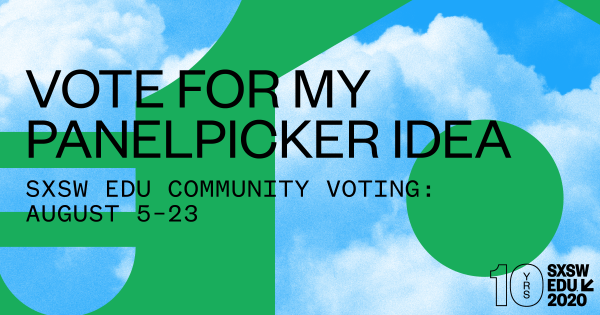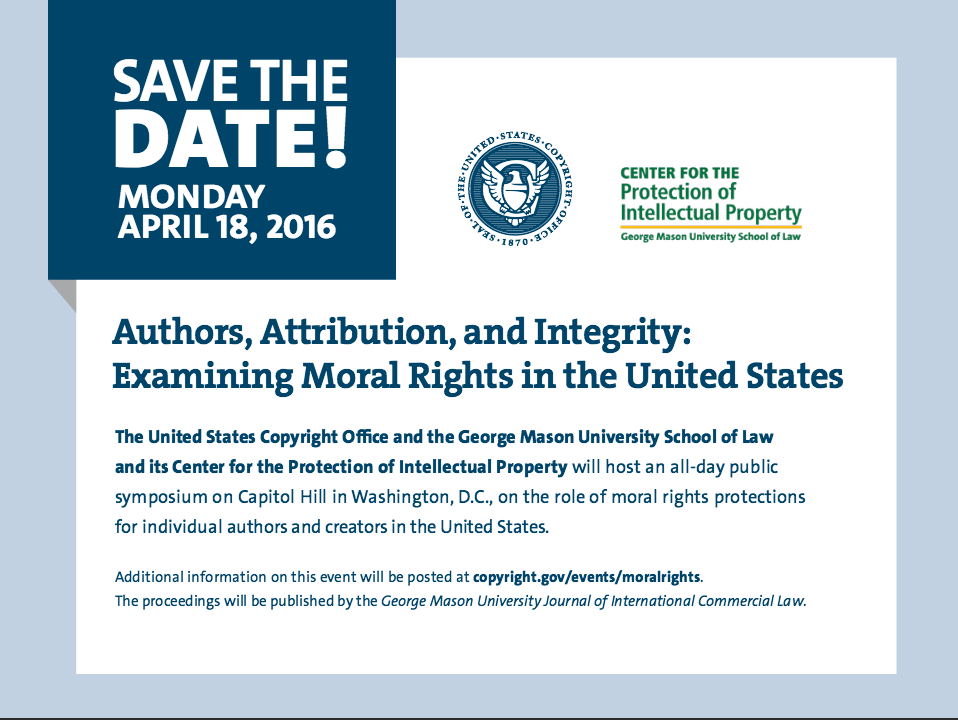This is a recording of a webinar about the Mechanical Licensing Collective that I did with Abby North and Gwen Seale, sponsored by Texas Accountants and Lawyers for the Arts, Austin Texas Musicians and Austin Music Foundation.
The webinar is from the point of view of self-published songwriters who are trying to make sense of the Mechanical Licensing Collective (currently, “The MLC, Inc.”) and what is going to happen to their mechanical licensing revenue now that the blanket license is available to digital music providers (or “DMPs”).
Here’s a couple basic concepts:
A “mechanical” royalty must be licensed by a DMP for the “mechanical” reproduction of the song, and a separate royalty paid for uses under that “mechanical license.” The mechanical license also covers distribution of the copies permitted. See the Copyright Office Circulars on the digital side and the physical side (somewhat different rules apply to each configuration).
Up until January 1, 2021, mechanical licenses were issued on a song-by-song basis in the United States under a compulsory license. There was no blanket compulsory license. The Music Modernization Act established both the blanket compulsory license for permanent downloads, limited downloads, and interactive streaming (available after January 1, 2021) and a mechanical licensing collective which can be run by different non-profit corporations at different times. The head of the Copyright Office “designates” or “approves” the non-profit corporation to be the mechanical licensing collective and reviews the performance of the designated company every five years. The Copyright Office approved a non-profit corporation that styles itself “The MLC, Inc.” or “The MLC” so it gets confusing as to whether you are talking about “the mlc” or the organization described in the Music Modernization Act or The MLC, Inc., the corporation approved by the Copyright Office with the backing of the National Music Publishers Association among others.
So it is the usual government alphabet soup, but be clear about one thing–unless you know with certainty that your song catalog is being paid under voluntary licenses outside of the blanket license, you will stop being paid however you have been paid and you will start being paid by The MLC if you can be matched to revenue.
That means that your songs must be registered with The MLC correctly, including your banking information. Do not count on that happening by itself.
Here are a few links as a companion to the webinar:
Please take the MLC Awareness Questionnaire, 10 questions, responses and responders are anonymous.
When Do I Get Paid By the MLC?
Most recent Copyright Office rules for payments by DMPs to the MLC of your money





